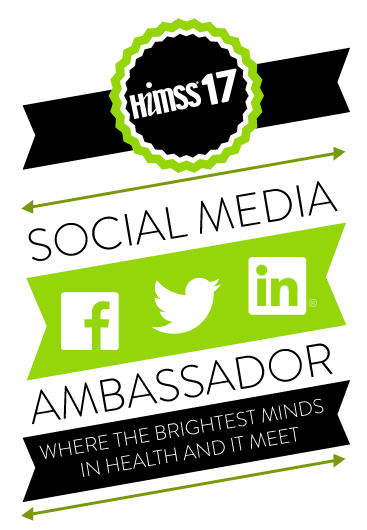Realizing the Potential of Personalized Medicine
 Thursday, February 9, 2012 at 3:28PM
Thursday, February 9, 2012 at 3:28PM Imagine a world where we’ve all had our complete genome sequenced and where every individual can receive real-time feedback on how their actions and environment affect his or her body. Drink an espresso and understand the effects it has on your heart rate, endocrine system, etc. With a growing base of genomic knowledge contributed by billions of people (yes, this requires a very large N), this scenario isn’t science fiction. But, it does require that health IT progress at a faster rate in order to meet the needs of predictive personalized medicine models.
The MIT Enterprise Forum hosted a fascinating panel discussion on the future of the personal genome last evening (Feb. 8). Hosted by Kevin Davies, editor-in-chief of Bio_IT World and author of The $1,000 Genome, the panel included Dr. George Church of Harvard, Colin Hill, CEO of GNS Healthcare, Jamie Heywood, Co-founder of PatientsLikeMe, and Dr. Michael Pellini, CEO of Foundation Medicine.
The advancements in treatments made possible through understanding an individual patient’s genome are awe-inspiring. With specific examples from cancer therapies, Dr. Pellini described progress we’ve made in moving from a trial-and-error approach to treating cancer toward models that take the genomic and molecular structure of an individual’s tumor into account before narrowing down the treatment options to home in on the optimal therapeutic “cocktail”.
But the discussion underscored that the continued lack of real-world outcomes data to help build models of what works remains a big hurdle in advancing personalized medicine. Recording and aggregating outcomes data are the domain of EHR and EMR systems, in other words, the world that will be convening at HIMSS in 10 days. (See accompanying post)
The rates of adoption of EHR systems that have sufficient functionality to facilitate personalized medicine are too low and some doctors still complain that they don’t see enough benefit in transitioning from paper to electronic records. Clearly, it’s not the patients’ benefits that these naysayers are considering! Granted, current EHR platforms have a ways to go in improving their usability, functionality, and interoperability. And there’s still too little emphasis on the importance of providing data directly to patients and accepting patient-reported sources of data. But, the failure to recognize benefits of digitized records over paper-based records for advancing the knowledge base in medicine needs to be overcome.
Panelists at last night’s forum also spoke of regulatory hurdles, overcoming privacy concerns, and the need to develop new models for evaluating longitudinal outcomes data to build into predictive models. Changes in reimbursement policies were noted, too.
The good news, however, is that computing power and complex analysis of huge amounts of data are not the factors that are holding back progress in personalized medicine. The field of genomics has experience with big data and Moore’s law is on track to allow for the soon-to-be $1,000 genome to become the $10 or even $1 genome in another generation. All in all, the availability of longitudinal real world outcomes data stands out as the biggest problem.
How long will it take to overcome the remaining barriers to personalized medicine? That’s difficult to predict. But, the panelists presented an optimistic view of the future where a personalized approach to medicine can lead to a data-driven focus on maintaining wellness, not just treating illness.
For more on the Personalized Genome panel, see:
http://www.chenpr.com/blog/uncategorized/stimulating-discussion-and-sold-out-evening-at-mitef/


Reader Comments